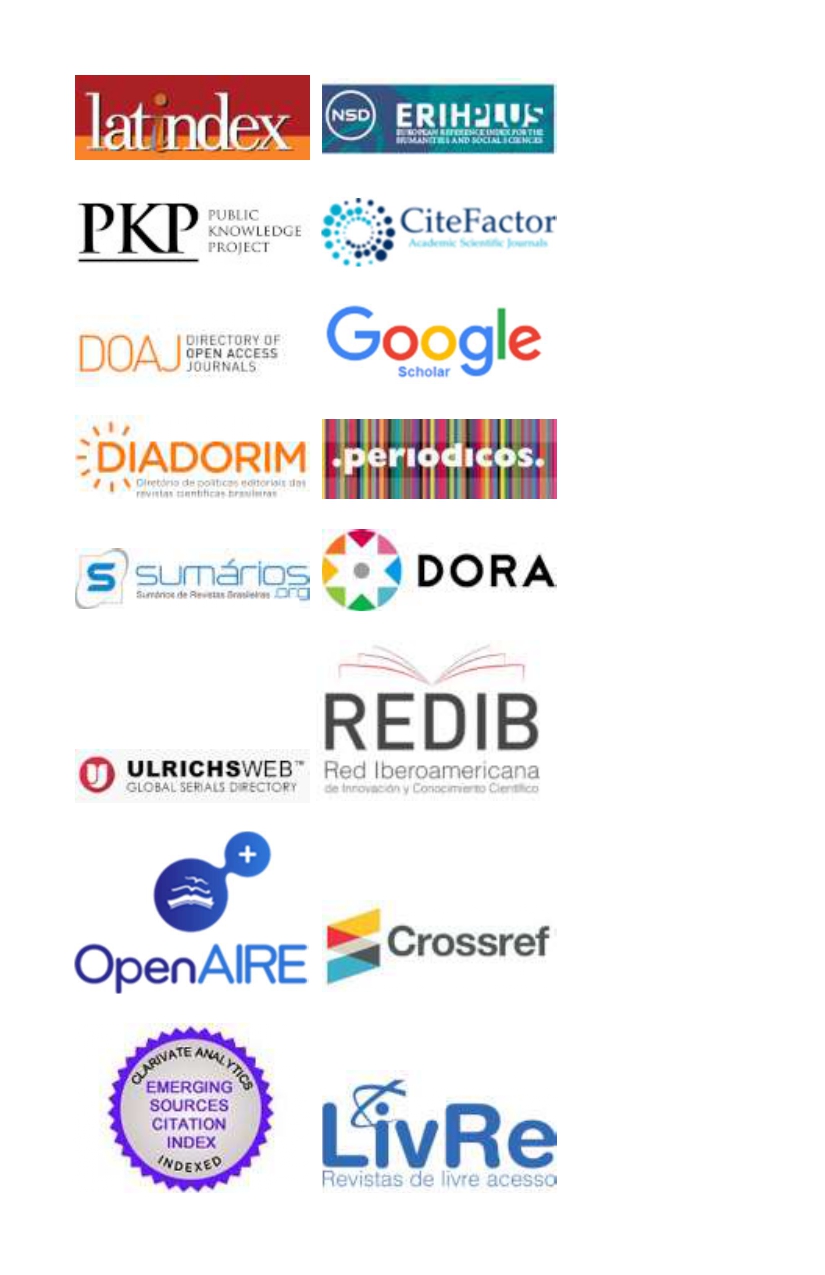Descentralizando instituições como objetos de estudo
Palabras clave:
bypasses institucionais, desenhos institucionais, governança urbanaResumen
Minhas incursões pelo vasto campo dos estudos de sociologia do direito não passaram pela sub-área de “direito e desenvolvimento” e, portanto, meus comentários aqui não tratarão da contribuição do livro Institutional Bypasses, de Mariana Prado e Michael Trebilcock, para essa literatura. Em vez disso, falarei da perspectiva da pesquisa em sociologia do direito sobre governança.
Meu trabalho sobre governança — principalmente governança urbana (Valverde 2012) e, recentemente, a governança de parcerias público-privadas (Valverde e Moore 2019) — baseia-se, de maneira eclética, em diversas fontes. Substancialmente, li trabalhos de estudos urbanos e geografia jurídica (e mais recentemente um pouco sobre o financiamento de infraestruturas) (Blomley e Bakan 1992; Cooper 1998). Metodologicamente, utilizo Foucault (2007; 2010; 2003) e estudos sobre governamentalidade (Burchell, Gordon e Miller 1991), teoria do ator-rede e trabalhos a ela relacionados (Latour 2007; Callon e Latour 1981; Lei 1986), principalmente por antropólogos, sobre a materialidade do direito e também estudos pós-coloniais (Spivak 2013; Mawani 2010).
Descargas
Citas
Blomley, Nicholas, e Joel Bakan. 1992. “Spacing Out: Towards a Critical Geography of Law.” Osgoode Hall Law Journal 30 (3): 661–90.
Burchell, Graham, Colin Gordon, e Peter Miller. 1991. The Foucault Effect: Studies in Governmental Rationality. Londres: Pearson Higher Education.
Callon, Michel, e Bruno Latour. 1981. “Unscrewing the Big Leviathan; or How Actors Macrostructure Reality, and How Sociologists Help Them To Do So?” In Advances in Social Theory and Methodology: Toward an Integration of Micro- and Macro-Sociologies, edited by Karin Knorr-Cetina and Aaron Victor Cicourel, 277–303. Londres: Routledge.
Cooper, Davina. 1998. Governing out of Order: Space, Law and the Politics of Belonging. Londres: Rivers Oram Press.
Custos, Dominique, e John Reitz. 2010. “Public-Private Partnerships.” The American Journal of Comparative Law 58: 555–84.
Farías, Ignacio, e Thomas Bender. 2012. Urban Assemblages: How Actor-Network Theory Changes Urban Studies. Londres: Routledge.
Flynn, Alexandra, e Mariana Valverde. 2019. “Planning on the Waterfront: Setting the Agenda for Toronto’s ‘Smart City’ Project.” Planning Theory & Practice 20 (5): 769–75.
Foucault, Michel. 1995. Discipline and Punish: The Birth of the Prison. Nova Iorque, NY: Vintage Books.
———. 2003. “Society Must Be Defended”: Lectures at the Collège de France, 1975-1976. Londres: Allen Lane.
———. 2007. Security, Territory, Population: Lectures at the College De France, 1977 - 78. Nova Iorque, NY: Springer.
———. 2010. The Birth of Biopolitics: Lectures at the Collège de France, 1978--1979. Nova Iorque, NY: Palgrave Macmillan.
Freeman, Jody. 2000. “The Contracting State.” Florida State University Law Review 28 (1).
Goffman, Erving. 1961. Asylums: Essays on the Social Situation of Mental Patients and Other Inmates. Garden City, NY: Anchor Books.
Hodge, Graeme A. 2004. “The Risky Business of Public–Private Partnerships.” Australian Journal of Public Administration 63 (4): 37–49.
Latour, Bruno. 2007. Reassembling the Social: An Introduction to Actor-Network-Theory. Clarendon Lectures in Management Studies. Oxford: Oxford University Press.
Law, John. 1986. Power, Action, and Belief: A New Sociology of Knowledge? London: Routledge.
Mawani, Renisa. 2010. Colonial Proximities: Crossracial Encounters and Juridical Truths in British Columbia, 1871-1921. Vancouver: UBC Press.
Power, Michael. 1999. The Audit Society: Rituals of Verification. Oxford: Oxford University Press.
Sagalyn, Lynne B. 2007. “Public/Private Development.” Journal of the American Planning Association 73 (1): 7–22.
Siemiatycki, Matti. 2009. “Delivering Transportation Infrastructure Through Public-Private Partnerships: Planning Concerns.” Journal of the American Planning Association 76 (1): 43–58.
Spivak, Gayatri. 2013. The Spivak Reader: Selected Works of Gayati Chakravorty Spivak. Nova Iorque, NY: Routledge.
Strathern, Marilyn. 2003. Audit Cultures: Anthropological Studies in Accountability, Ethics and the Academy. Nova Iorque, NY: Routledge.
Valverde, Mariana. 2012. Everyday Law on the Street: City Governance in an Age of Diversity. The Chicago Series in Law and Society. Chicago, IL: The University of Chicago Press.
———. 2016. “Ad Hoc Governance: Public Authorities and North American Local Infrastructure in Historical Perspective.” In Governing Practices: Neoliberalism, Governmentality, and the Ethnographic Imaginary, edited by Michelle Brady and Randy K. Lippert. Toronto: University of Toronto Press.
Valverde, Mariana, e Aaron Moore. 2019. “The Performance of Transparency in Public–Private Infrastructure Project Governance: The Politics of Documentary Practices.” Urban Studies 56 (4): 689–704.
Descargas
Publicado
Cómo citar
Número
Sección
Licencia
Autores que publicam nesta revista concordam com os seguintes termos:
- Autores mantém os direitos autorais e concedem à revista o direito de primeira publicação, com o trabalho simultaneamente licenciado sob a Licença Creative Commons Attribution que permite o compartilhamento do trabalho com reconhecimento da autoria e publicação inicial nesta revista.
- Autores têm autorização para assumir contratos adicionais separadamente, para distribuição não-exclusiva da versão do trabalho publicada nesta revista (ex.: publicar em repositório institucional ou como capítulo de livro), com reconhecimento de autoria e publicação inicial nesta revista.
- Autores têm permissão e são estimulados a publicar e distribuir seu trabalho online após a publicação na revista.






